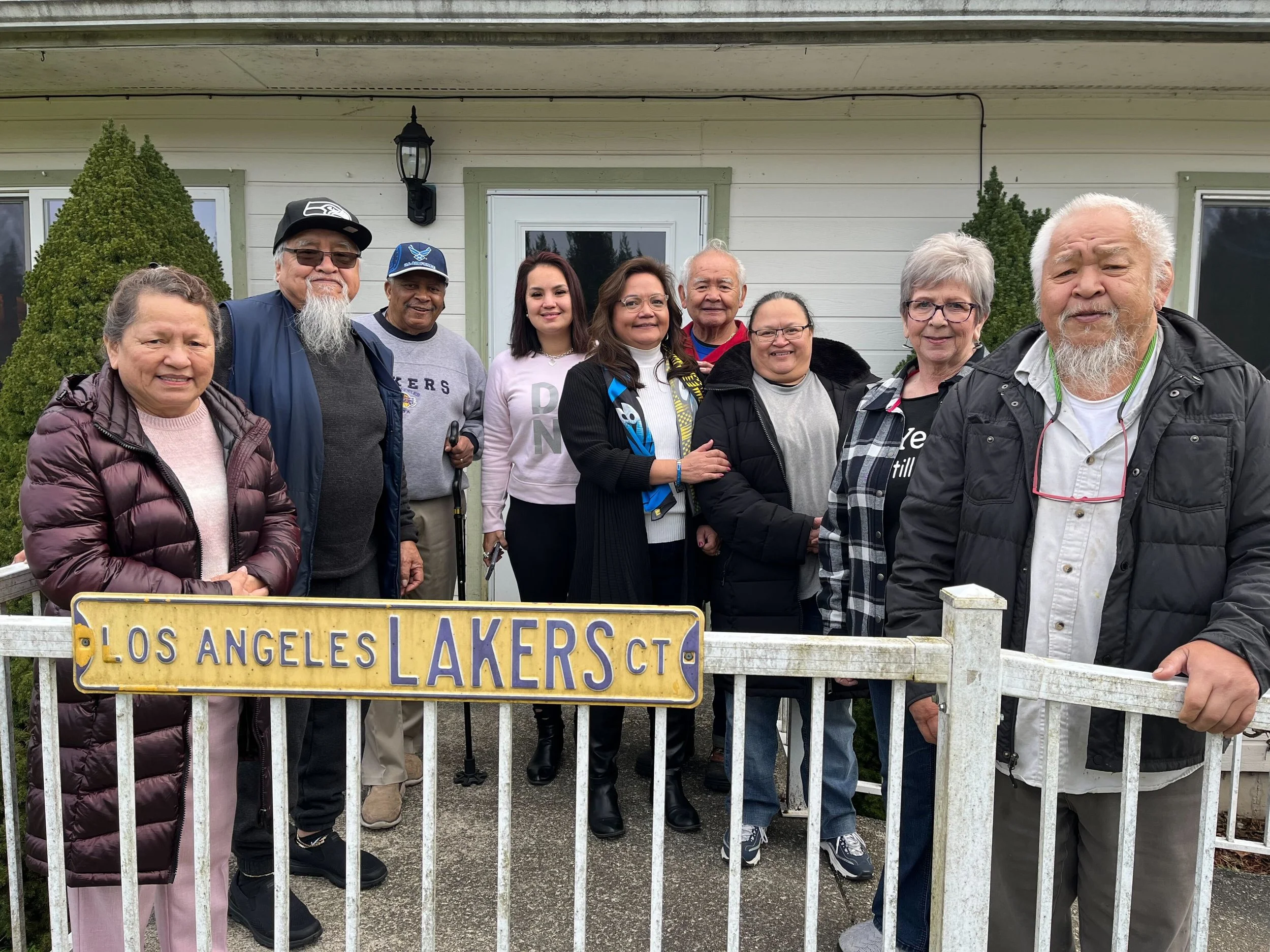On Wednesday, Joe Sexton presented at the Washington State Attorney General’s Indian Law CLE on Jurisdiction in Indian Law: Public Law 280, Retrocession of P.L. 280 Jurisdiction, and Land Status Issues.
In his presentation, Joe provided an overview of the history of Public Law 280, its modern evolution, and examples of recent litigation involving the law. Joe framed the presentation through the lens of State-Native Nation Relations.
Public Law 280 was enacted in 1953, when Congress required six states to assume limited federal civil and criminal jurisdiction in Indian Country, and allowed other states to assume jurisdiction over Indian Country unilaterally. Since its initial passage, PL 280 has been amended and subject to litigation nationwide. In his presentation, Joe described the jurisdictional tug-of-war, pervasive confusion, and frustrations PL 280 has caused to Native Nations and surrounding communities.
Joe shared his personal experience navigating PL 280 and the confluence of tribal, state and federal jurisdiction as an attorney for Native Nations, including the Yakama Nation, and litigating disputes arising from PL 280 in federal trial and appellate courts.
Joe Sexton is a partner with Galanda Broadman. His practice focuses on complex civil litigation defending indigenous rights and litigating tribal environmental and cultural resources disputes in federal, tribal, state, and administrative forums. He has litigated indigenous civil rights matters on behalf of individuals and represents tribal governments outside of the courtroom in economic development and natural resources matters. He has argued before the Washington State Supreme Court, the Washington Court of Appeals, and the United States District Court, and he has represented clients before the United States Court of Appeals for the Ninth Circuit and the U.S. Supreme Court.

















